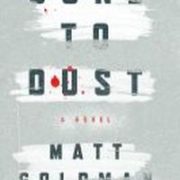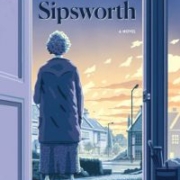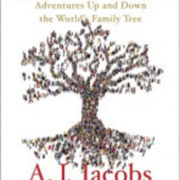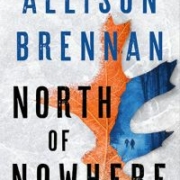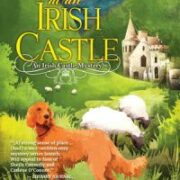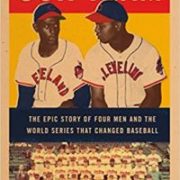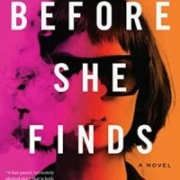Thyme of Death by Susan Wittig Albert; Blood Oath by Linda Fairstein; Justice in Plain Sight by Dan Bernstein
Although not by conscious choice, most of my reading lately has involved lawyers.
Susan Wittig Albert’s character, China Bayles, was an attorney for a big firm in Houston. She now owns the herb shop in the small town of Pecan Springs, Texas where she sells all things herbal and sparingly dispenses legal advice. As in all good cozy mysteries she is surrounded by a cast of interesting characters including best friend Ruby.
Ruby is usually China’s partner in her sometimes enthusiastic and other times reluctant crime solving. This is a long running series and I’ve read the first 10 so far. If you like good characters and entertaining mysteries, this series is for you and starts with Thyme of Death.
Linda Fairstein’s latest Alex Cooper book, Blood Oath, came out in March. Alex is an Assistant DA in the Manhattan Sex Crimes Unit. Back from an extended leave Alex’s first task is dealing with a judge’s bullying of a female prosecutor. She returns to her office to find Detective Mike Chapman and a young woman named Lucy waiting.
Lucy was picked up the night before on an old warrant. After seeing a picture on the wall at the precinct she freaks out and refuses to talk. At the behest of the captain, Mike brings her to Alex. What Lucy reveals could land Alex in trouble.
When she was 14 Lucy was a star witness against a serial killer responsible for deaths in several different states. While under the protection of the FBI and the federal prosecutors, Lucy says she was sexually assaulted. Is Lucy telling the truth or just trying to have her old warrant to go away?
Alex works quickly to verify Lucy’s story and gather evidence but things really speed up when an attempt is made on Lucy’s life. Fairstein is at her best in “Blood Oath” weaving together different storylines to a thrilling finish.
My third lawyer title is a work of nonfiction by Dan Bernstein. Justice in Plain Sight is the story of how the Riverside Press-Enterprise fought the state of California for open access to the judicial system. It was a fight that went all the way to the Supreme Court, twice.
The Press-Enterprise was a family-owned newspaper and while Riverside California was not a small town in the 1980’s it certainly wasn’t a major city. Newspapers were still the source of news for most people and the editor of the paper was committed to keeping readers informed. He also believed that for the public to trust and have confidence in the government (including the judicial system) they needed open access.
In 1978 California reinstated the death penalty and 2 years after that the California Supreme Court issued the Hovey ruling. The ruling gave judges permission to question potential jurors “individually and in sequestration” when asking about views on the death penalty. Trial judges however interpreted the ruling very broadly and were closing courtrooms across the state.
The Press-Enterprise lawyer routinely and unsuccessfully appealed each closing in Riverside County. Then came the Norco case, a foiled bank robbery that resulted in the death of a county deputy. This case drew national attention and was a big story for the newspaper. The judge not only moved the case to San Diego County but also closed jury selection.
The Press-Enterprise and Copley Press appealed the decision. The Court of Appeals ruled against them. When the California Supreme Court refused the case only one option remained. In December 1981 they petitioned the United States Supreme Court to rule on their appeal.
This case was the beginning, 2 more times over the next 3 years the Press-Enterprise would petition the U.S. Supreme Court to hear appeals. The first was the Albert Brown case. Brown was accused of the rape and murder of a teen. In this case the judge not only closed voir dire (jury selection) but also ordered the transcripts permanently sealed.
The third appeal would be for the Robert Diaz case. Diaz, a nurse, was accused of killing 12 patients with lidocaine overdoses. The judge in this trial closed the preliminary hearing.
Bernstein is a retired reporter and his writing is concise. Each of the three crimes are covered briefly but you get a good feel for the case. Background on the major people and rulings involved give you an understanding of motivations and the judicial issues.
He also covers extensively the workings of the Supreme Court and includes how each case was decided. His use of briefs, the notes (when available) from the justices themselves, and transcripts from the hearings give immediacy to the process. The lawyers and editors of the Press-Enterprise are unsung heroes and Bernstein does a good job bringing their story to life.
Book Reviews by Patty Crane

